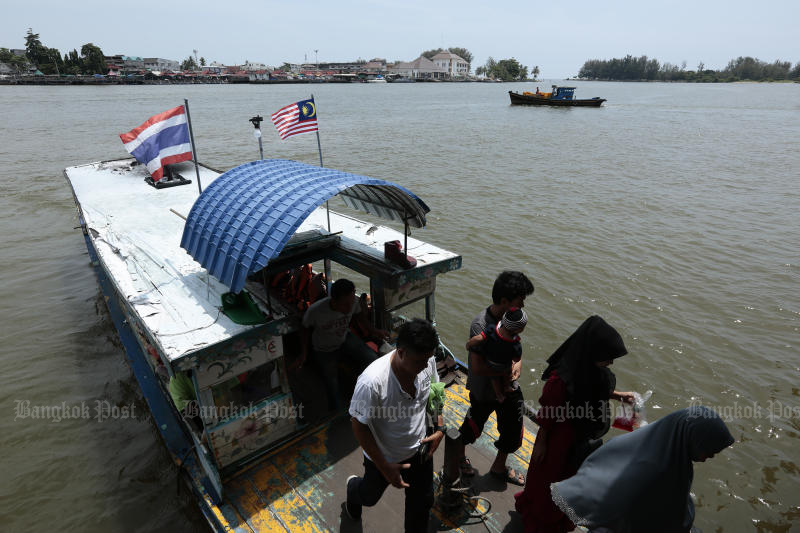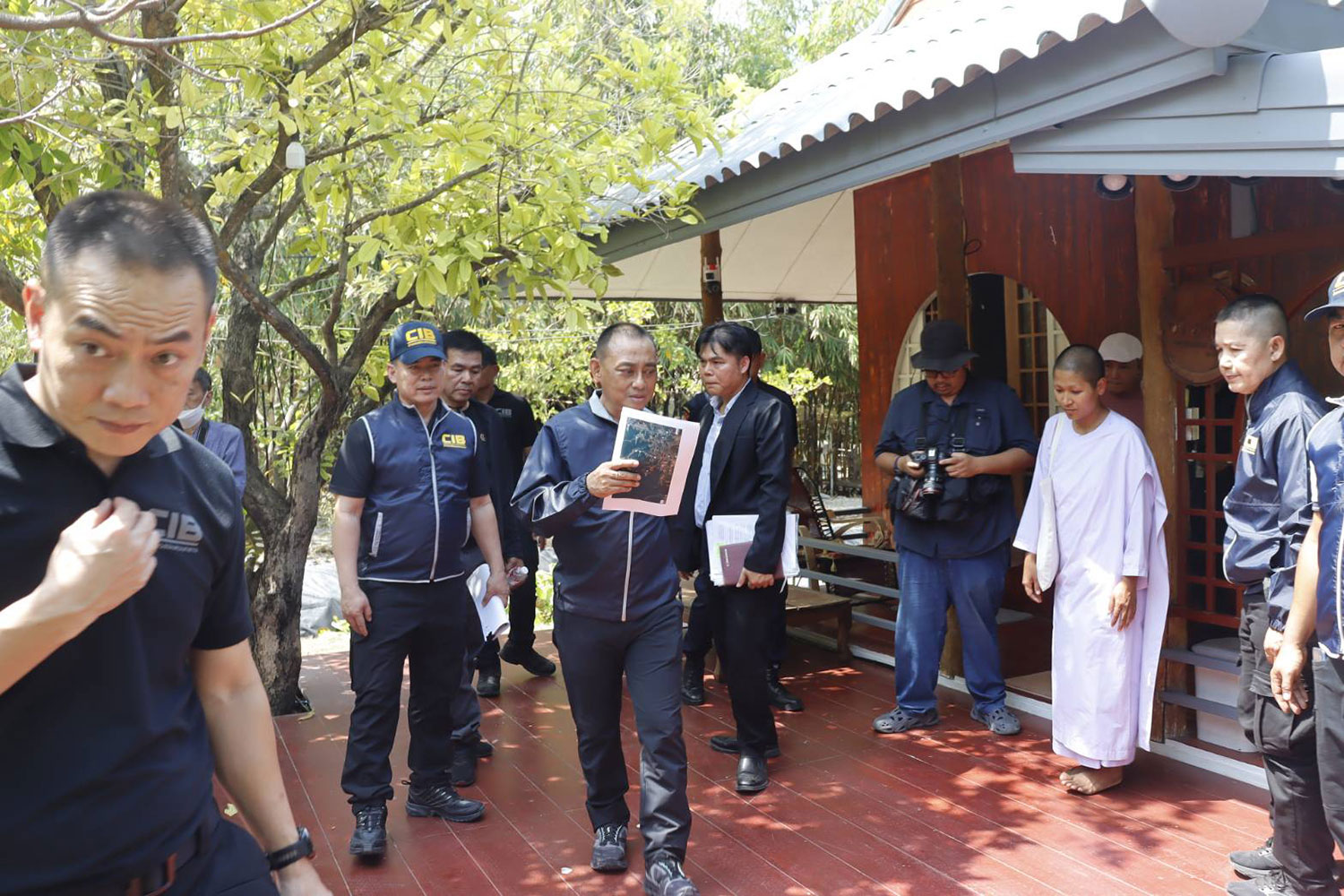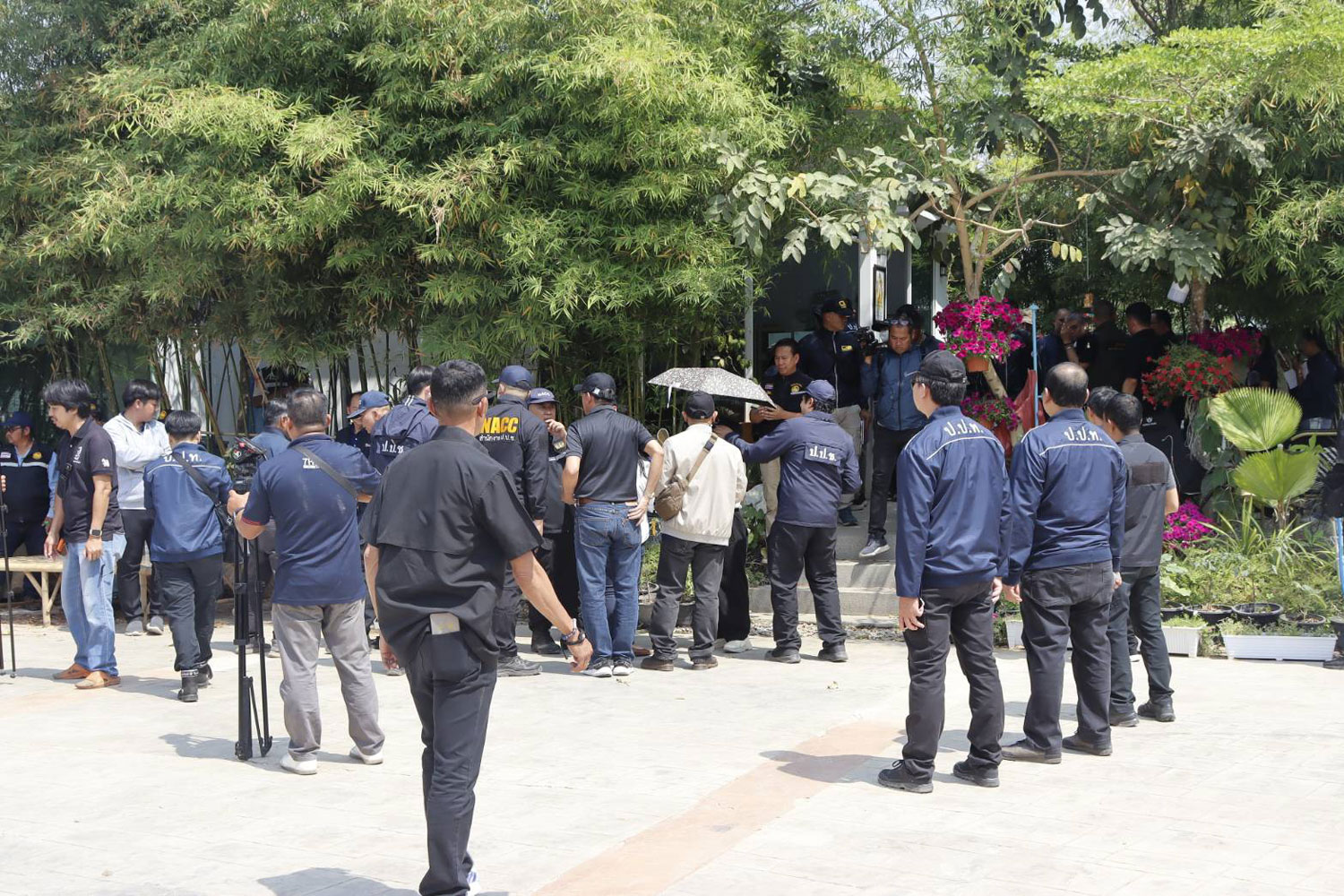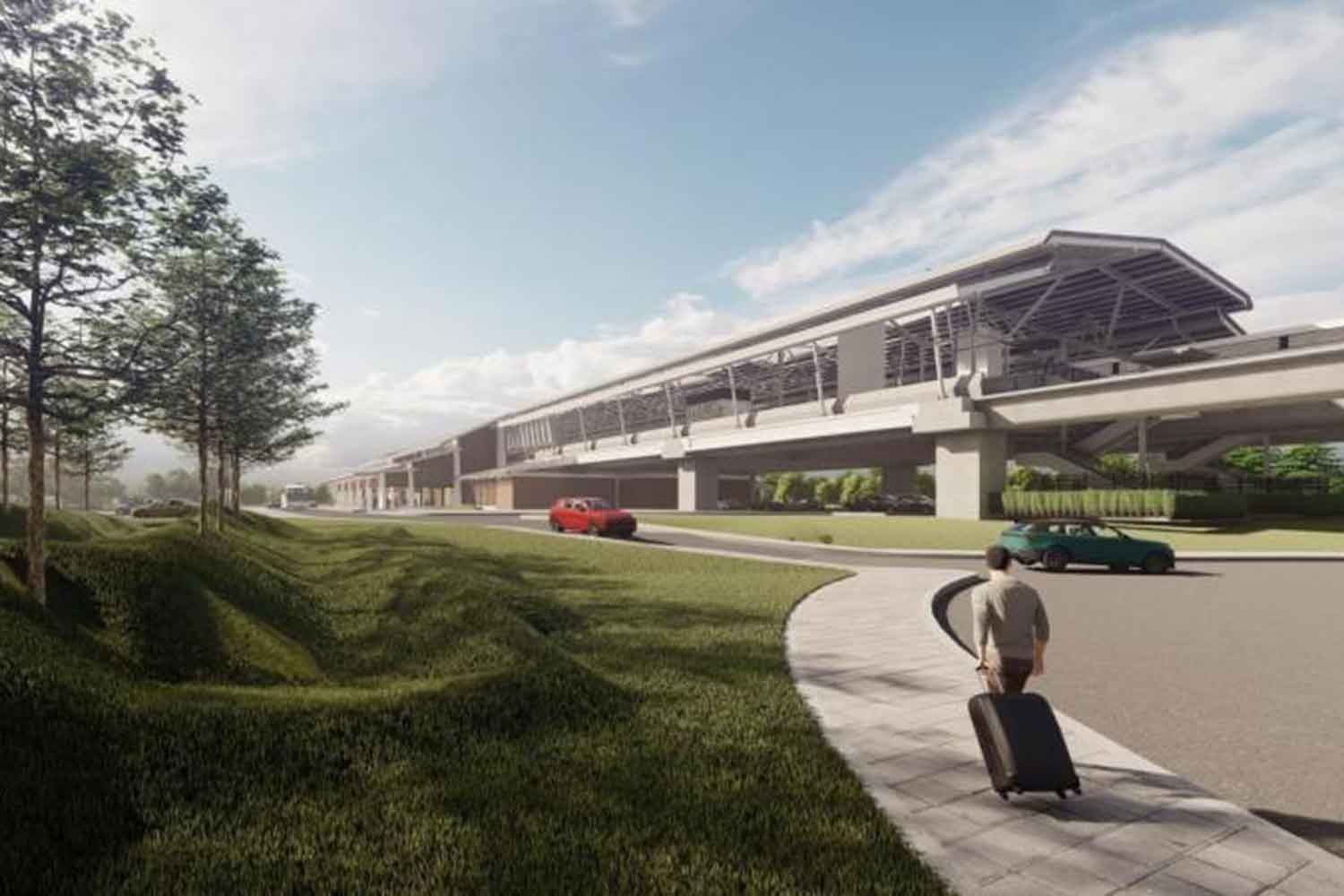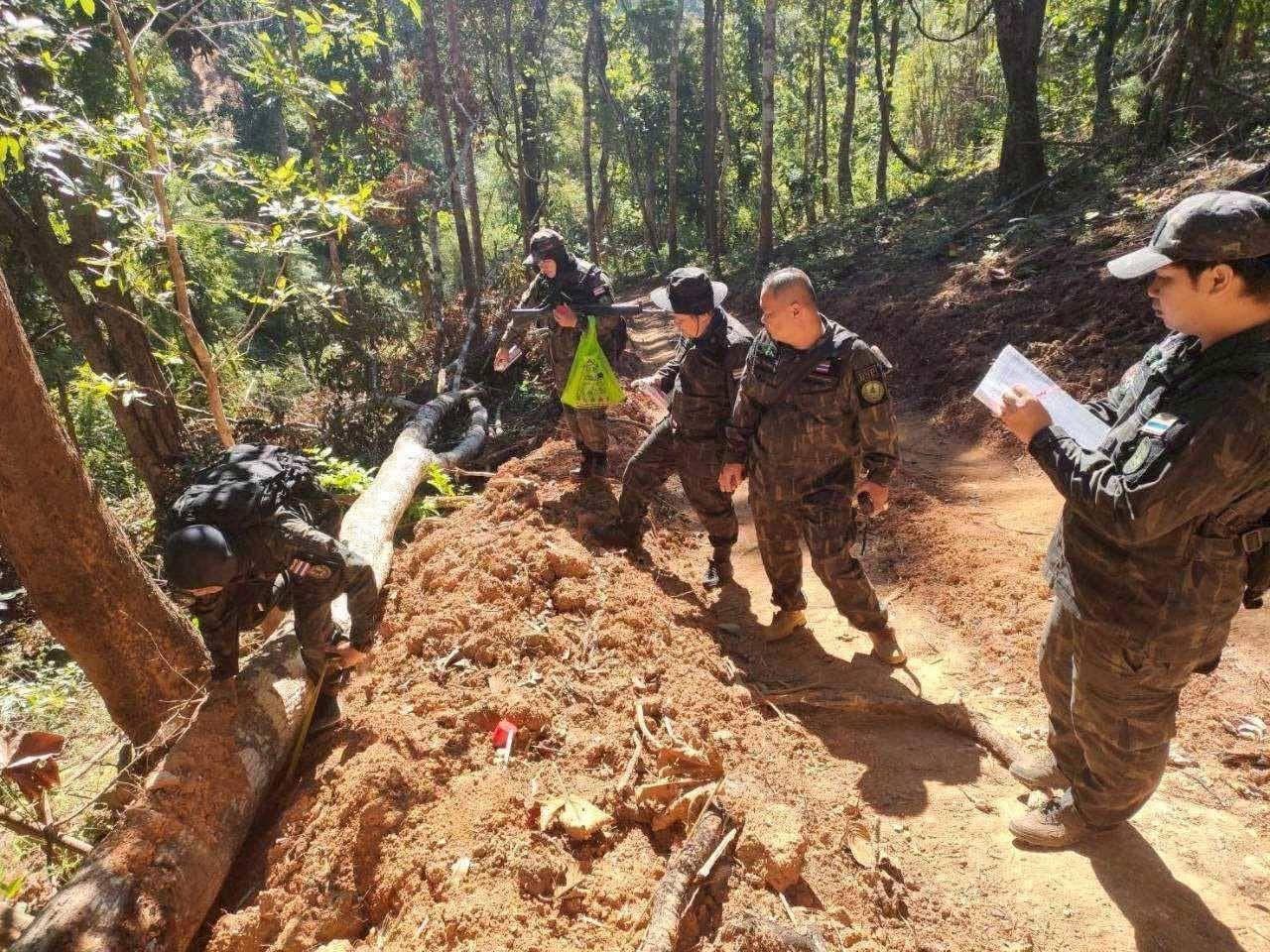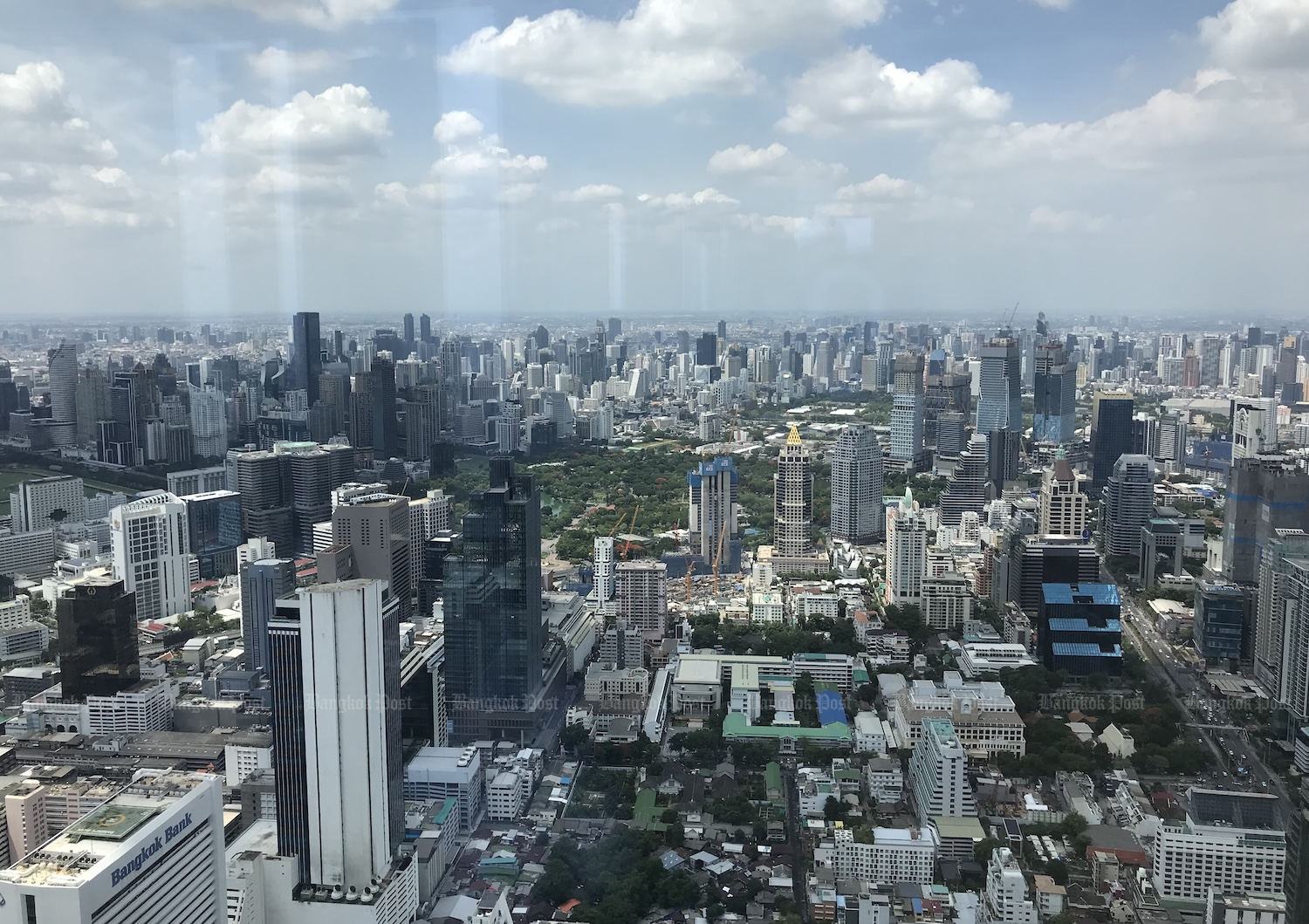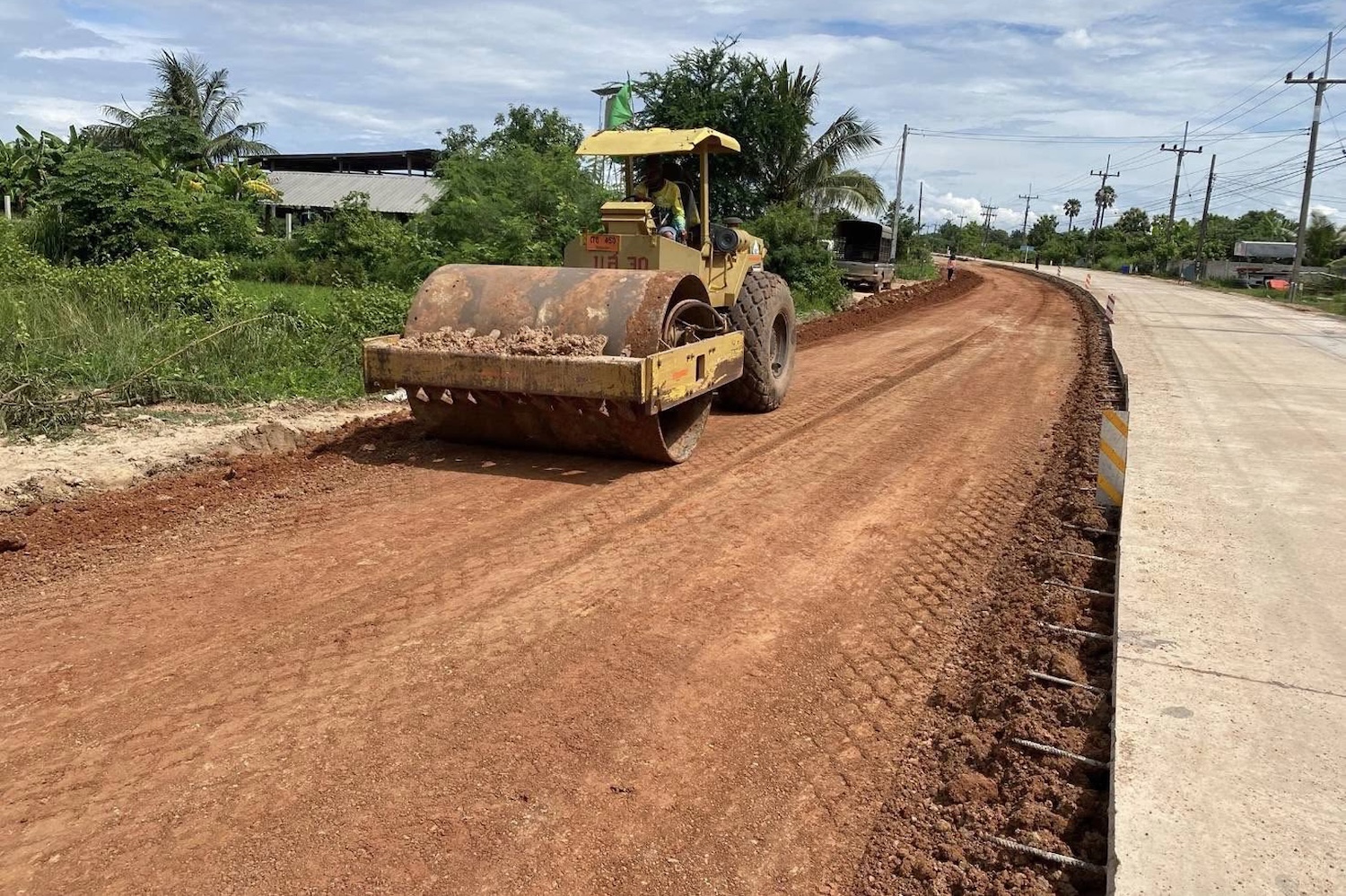Showing 1 - 10 of 10,000
Malaysia to install more security wire on illegal routes bordering Thailand
Online Reporters, Published on 23/02/2026
» Malaysian security authorities will seek additional budget from their government to fence the remaining illegal routes opposite Thailand with barbed wire after the completion of the first phase.
Temple faces probe over land grab
News, Post Reporters, Published on 23/02/2026
» A Saraburi forest monastery is accused of illegally occupying more than 2,000 rai of state land to build meditation huts and host concerts.
Dead man walking
Business, Lamonphet Apisitniran, Somhatai Mosika and Nuntawun Polkuamdee, Published on 23/02/2026
» Being labelled the "sick man of Asia" has forced Thailand to reassess the long‑standing problems causing its "chronic economic illness".
Oceania Cruises® Unveils Oceania Sonata™, Its Next-Generation Ship for 2027
Published on 22/02/2026
» Oceania Cruises®, the world’s leading culinary and destination-focused luxury cruise line, recently unveiled Oceania Sonata, the latest expression of the brand’s signature blend of intimate, luxurious experiences. Set to debut in 2027, the vessel will be the first of four 1,390-guest ships in the new Sonata Class, representing the next chapter in the line’s continued evolution of its intimate, luxurious ship
Crackdown launched on reform-land misuse
Chairith Yonpiam, Published on 21/02/2026
» The Agricultural Land Reform Office (Alro) has instructed its provincial offices nationwide to intensify inspections of land use and take legal action against those occupying or exploiting reform land unlawfully.
Three-airport rail project lurching forward
News, Post Reporters, Published on 21/02/2026
» The State Railway of Thailand (SRT) has reported progress on efforts to break a six-year deadlock affecting the high-speed rail project linking three airports, with revised contract terms expected to be submitted to the new cabinet for approval later this year.
Illegal roads in wildlife sanctuary investigated
News, Apinya Wipatayotin, Published on 21/02/2026
» The Department of National Parks, Wildlife and Plant Conservation (DNP) has pledged a full investigation into alleged illegal road construction in protected forest areas in Mae Hong Son.
High risk as mercury rises
News, Editorial, Published on 21/02/2026
» On Monday, Thailand will officially enter the hot, or summer, season. The Ministry of Public Health has warned citizens and businesses to prepare for what is expected to be a more severe summer than last year, due to rising global temperatures.
Consumer group files suit over new Bangkok city plan
Post Reporters, Published on 20/02/2026
» The Thailand Consumers Council has filed a lawsuit with the Central Administrative Court against five state agencies involved in drafting and approving the new Bangkok city plan, seeking an injunction to suspend the process and revoke the draft altogether.
Suspect in Kamnan Nok bid-rigging ring arrested
Post Reporters, Published on 20/02/2026
» NAKHON SAWAN - A woman suspected of involvement in a bid-rigging network linked to the notorious “Kamnan Nok” has been arrested at her home in Muang district, police said on Friday.




